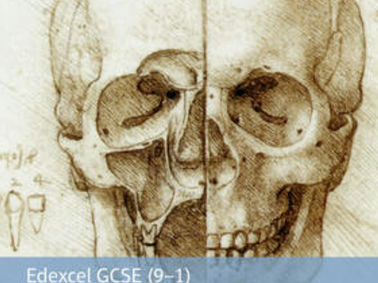Mark Foley's Shop
Concentrating on Edexcel new curriculum on the following topics: (i) Henry VIII and his ministers (ii) Medicine in Britain, 1250 - Present (iii) The British Sector of the Western Front (iv) Superpower relations and the Cold War (v) Weimar and Nazi Germany (vi) British America, 1713-1783: Empire and Revolution Edexcel Politics: (i) UK Politics (ii) Core Ideologies and nationalism (iii) UK Government (iv) Global Politics
























